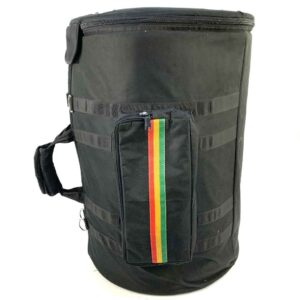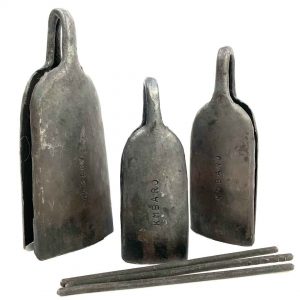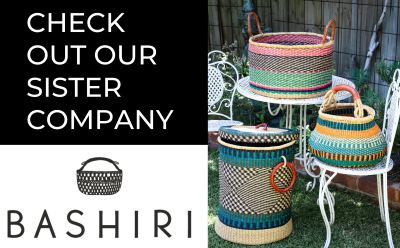More Details
In Guinean musical culture, a djembefola—a master djembe player—holds a position of significant cultural importance. The term “djembefola” originates from the Bambara language, where “djembe” refers to the drum and “fola” means “player,” thus translating to “one who plays the djembe.”
The djembe, a goblet-shaped hand drum, is central to many West African traditions, including those in Guinea. It is integral to various ceremonies and communal events, such as weddings, funerals, and harvest festivals. The djembefola leads these gatherings, using the drum’s rhythms to guide dances, tell stories, and convey emotions, thereby fostering community cohesion.
Beyond their musical role, djembefolas are custodians of cultural heritage. They preserve and transmit traditional rhythms, techniques, and the historical narratives associated with the djembe. This responsibility ensures the continuity of Guinean musical traditions across generations.
Notable Guinean djembefolas, such as Mamady Keïta and Famoudou Konaté, have been instrumental in bringing the djembe to international prominence, showcasing the depth and richness of Guinean musical culture to the world.
In summary, djembefolas in Guinea are more than musicians; they are cultural ambassadors and tradition bearers, playing a pivotal role in both the preservation and evolution of the nation’s musical heritage.
Questions or comments? Get in touch!
03 9525 3073
[email protected]























